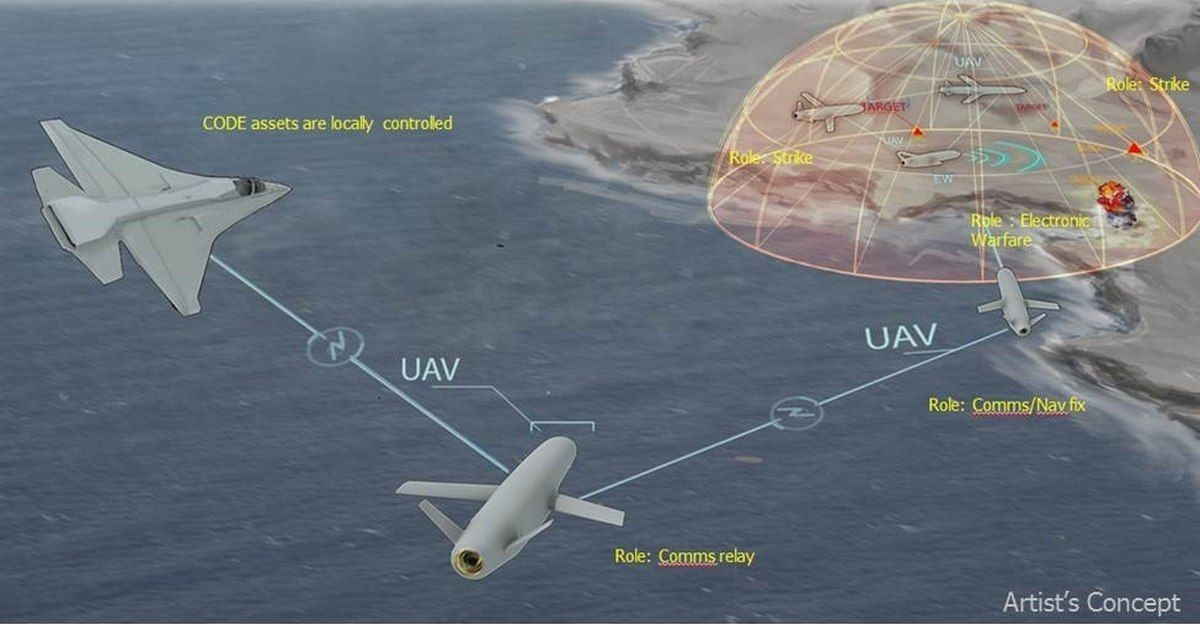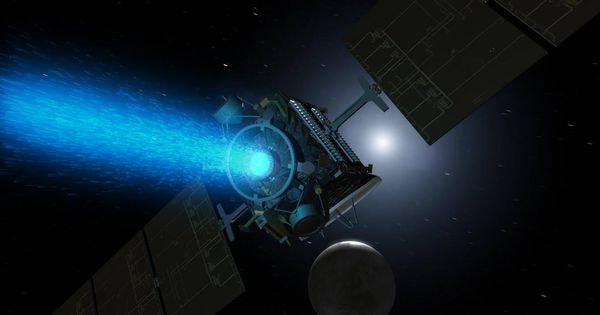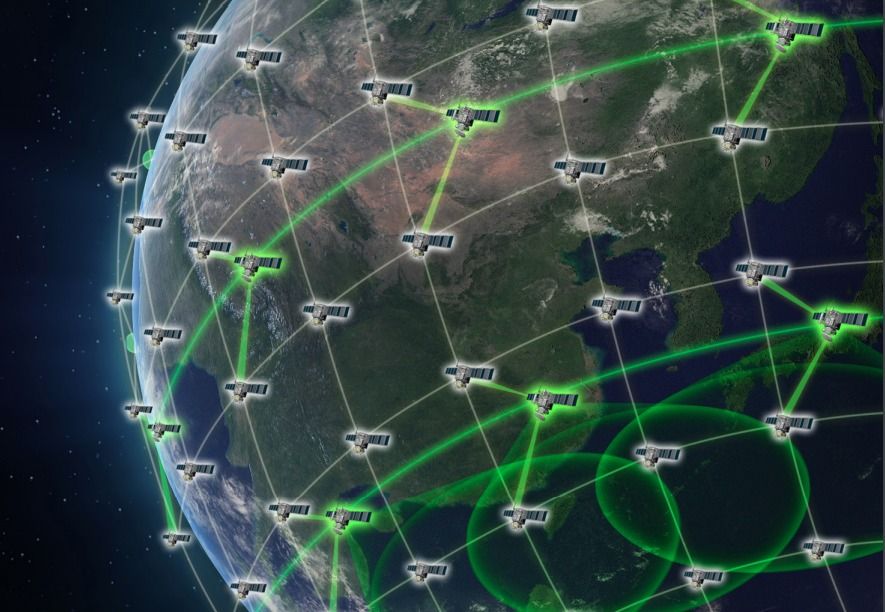WASHINGTON — The Defense Advanced Research Projects Agency has awarded satellite operator Telesat a contract to study the use of commercial buses in the agency’s experimental low-Earth-orbit constellation program known as Blackjack.
Telesat of Ottawa, Canada, is the third company to receive a study contract for Blackjack, a DARPA demonstration mission that envisions deploying 20 satellites — each carrying one or more payloads. DARPA’s goal is to find lower cost alternatives to traditional military satellites. DARPA aims to pay no more than $6 million per satellite, including launch. European satellite manufacturer Airbus Defence and Space and small satellite manufacturer Blue Canyon Technologies of Boulder, Colorado, received similar contracts over the past four weeks.
Telesat’s contract, which the company announced Nov. 27, is a 12-month study to assess the utility of Telesat buses as the company refines its plans for a constellation of roughly 300 small, broadband satellites. Telesat has yet to select a manufacturer for its satellites. Two contenders, Airbus Defence and Space and a team formed by Thales Alenia Space and Maxar Technologies, are competing to build an unspecified number of satellites. Michael Schwartz, Telesat’s senior vice president of corporate and business development said the company still plans to down select a manufacturer in the spring.





